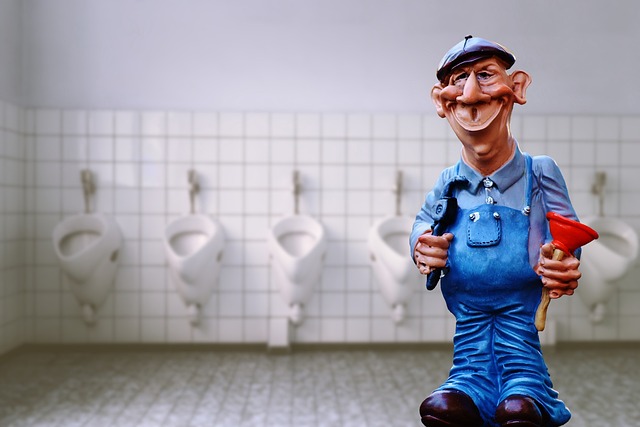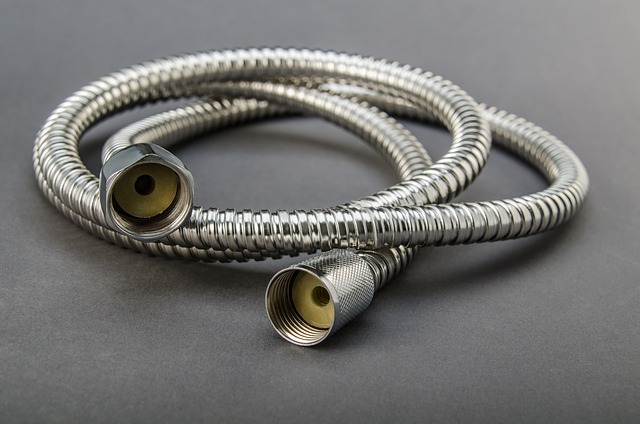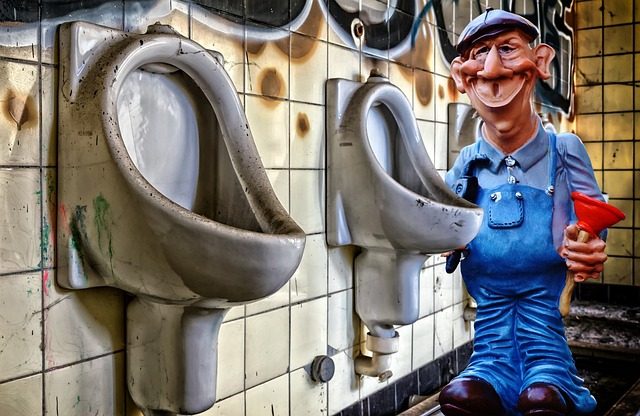Regular plumbing maintenance by professionals is vital for preventing common issues, extending fixture lifespans, saving clients money, and ensuring smooth operations. Homeowners and plumbers should focus on checking for leaks, corrosion, and damage while maintaining detailed records of all maintenance activities. Regular maintenance fosters trust, enhances customer satisfaction, and strengthens client relationships, with plumbers acting as valued advisors for efficient plumbing system performance.
“Regular maintenance is a plumber’s secret weapon, ensuring smooth operations and averting costly emergencies. This article delves into the critical practice, guiding plumbers in fostering equipment longevity and customer satisfaction. We explore the significance of preventive care, offering insights on key routine components. From identifying potential issues early to enhancing efficiency, regular maintenance provides numerous benefits. By understanding these practices, plumbers can deliver superior services, ensuring a thriving business and happy clients.”
- Understanding the Importance of Regular Maintenance for Plumbers
- Key Components of a Maintenance Routine
- Benefits of Preventative Care: A Plumber's Perspective
Understanding the Importance of Regular Maintenance for Plumbers

Regular maintenance is an essential aspect of a plumber’s job, serving as a proactive approach to prevent common issues and ensure smooth operations. By conducting routine checks and servicing, plumbers can identify potential problems early on, preventing them from escalating into costly repairs or major system failures. This practice not only extends the lifespan of plumbing fixtures and appliances but also saves clients money in the long run.
For instance, regular maintenance may involve inspecting pipes for corrosion, checking valve functionality, and cleaning drainage systems. These simple tasks can reveal leaks, blockages, or other minor issues that, if left unattended, could lead to more severe problems. By staying ahead of these concerns, plumbers provide their clients with reliable services, ensuring water flows freely and efficiently without unexpected interruptions or damage.
Key Components of a Maintenance Routine

A well-maintained plumbing system is key to preventing costly repairs and ensuring a smooth, efficient operation. A comprehensive maintenance routine involves several crucial components that every homeowner and plumber should keep in mind. Regular inspections are fundamental; these allow for early detection of potential issues before they turn into major problems. Plumbers should check for any signs of leaks, corrosion, or damage to pipes, fittings, and fixtures.
In addition to inspections, keeping records of all maintenance activities is vital. This includes documenting repairs, replacements, and the dates when specific tasks were completed. By maintaining these records, homeowners can stay on top of their plumbing system’s history, making it easier for plumbers to diagnose problems and implement effective solutions.
Benefits of Preventative Care: A Plumber's Perspective

Regular maintenance is a plumber’s best friend – it’s an effective way to keep homes and businesses running smoothly. By proactively addressing potential issues, plumbers can prevent costly repairs and disruptions down the line. A leaky pipe, for instance, might be a minor inconvenience if fixed early, but left unattended, it could lead to major water damage and expensive renovations.
Preventative care isn’t just about saving money; it builds long-lasting relationships with clients. Plumbers who offer regular maintenance visits can identify recurring problems and become trusted advisors. This proactive approach ensures customers stay informed, their systems are well-maintained, and they avoid unexpected breakdowns, fostering a reliable and respectful service bond.
Regular maintenance is not just a recommendation for plumbers; it’s a necessity. By integrating routine checks and preventative care, plumbers can significantly reduce the occurrence of costly and disruptive future issues. This proactive approach not only benefits businesses and homeowners by saving on repair expenses but also fosters long-lasting relationships based on trust and reliability, solidifying the role of the plumber as an essential service provider.
